Where some games have a marriage system, others take that feature and make it into something more, namely with family building elements to it. Here are currently 9 video games we have listed that offers this feature in some capacity, and how exactly it does so and works within said game will be answered. We have also taken the opportunity to list titles that you may be unfamiliar with since the same tend to crop up – therefor, do not expect Rune Factory or Stardew Valley.
Pumpkin Days
Pumpkin Days is a farming sim much in the same vein as the most popular within the genre, such as Stardew Valley. However, Pumpkin Days is one of the most progressive ones that is currently available to play. The title offers non-binary player character options, same sex-marriage and polyamorous relationships. It also does not lock in romance unless the player wants it, since with over 100 romanceable characters with its NPCs, players can simply choose a roommate as a lifelong partnership in that sense instead.
Additionally, on the topic of the theme of this article, raising a family is also an option once you tie the knot. Raise them from birth to a young child and build a trusting and loving relationship with them to have them assist you on your farm. This family can get as big as you want thanks to the option and possibility of having and raising a total of eight kids!
Oreshika

Oreshika is one unique RPG. Locked onto the PS Vita and made available in the West through an Asian-English release, Oreshika remains remarkably obscure even to this very day. By having to down enemies as any other RPG being your way to advance through it, the rewards for doing so are based on a very specific points system. You may be wondering what they are accumulated for. Well, that’s for you to be able to marry deities and produce your own offspring with them.
Since your party is comprised of all these procreated units, the game’s story is completed upon increasing its family tree up until the very end. Units are customisable in their names and weapon of choice, although the family resemblance remains a defining element throughout. So not only are you raising a family, you are ultimately creating a bloodline that saves the world. Neat, right?
World Neverland – Daily Life in the Elnea Kingdom

World Neverland involves an entire nation filled with NPCs, with the majority of them being marriageable. Almost every single character has a relationship meter that can reach this level of bond with the player character if they take the time to build that bond. There are plenty of benefits to it, in fact. You will end up relocating to a new and bigger house depending on the job of your lifelong partner, see an increase in your happiness meter when eating meals with your family, and be able to go on family outings. Players will be able to have up to six kids but this all depends on the population of the kingdom.
Since your player character ages and will eventually pass on, players have the option to pass down to the new generation and take control of their children as the new player character. This transference effectively keeps your save file playable since not securing future generations means for a game over.
My Time at Portia

My Time at Portia tends to be as swiftly recommended as any other farming/life sim game alongside Stardew Valley and the Rune Factory series but remains as not nearly as appreciated as these two IPs. In My Time at Portia, players can bond with a variety of residents in this idyllic town and feel truly at home there, even down to becoming romantically involved with one of its townsfolk.
Doing so will lead to marriage and eventually parenthood, from which they can have up to two children to raise together. Players can choose from adopting or through pregnancy, and when selecting the latter, the appearance of the child is randomised. This entry here may very well be the most demanding of any family building feature of the games mentioned since stat managing is a daily consideration in providing for the permanent baby for the remainder of your time in the game file.
Also consider the developer’s continuation of this title with My Time at Sandrock for something similar.
Dragon Quest V

Dragon Quest V has both a marriage and kid system. Although it does not affect its story, deciding who to take as your wife does alter the appearance and class of your team set-up after an eight year time skip – namely that of your offspring. There’s a lot more to consider here than meets the eye.
Players have the option of marrying one of three potential wives to the protagonist, Hero – there is Nera, Debora and Bianca. While Debora is a balance between the two others in terms of classes, Nera has more magic capabilities while Bianca is a fighter. These sensibilities translate into their kids whose stats are determined by their parents as well as their hair colour being the only obvious indicator to their mothers.
Related: How to Romance Every Character in Potionomics – Character Romance Guide
Phantasy Star III

Phantasy Star III was one of the earliest game examples of the theme we have in question today. Players had to decide between marrying either Maia or Lena, the former being his kidnapped fiancé, and the latter being the woman he travels with to find her. Making the decision then clocks over a significant portion of time as players now take control of the next generation after the original protagonist’s journey seemingly comes to an end.
Depending on their choices, each offspring of the protagonist has different skill-sets, a particular one being more helpful than the standard fighter unit – Ayn, child to Maia, is capable of magic abilities due to her hereditary. The game would introduce yet another generation with even bigger differences compared to the second generations in the latter part of the game to add further complexity to this unique system and storytelling.
Wildermyth

Relationships are a core mechanic to Wildermyth and is what exactly pushes its narrative along more so than any other aspect. This is due to the design of it. For each and every playable character, their personality stats affects their relationships around them, resulting in having the entire cast vary in terms of their bonds with one another. Namely as friends, rivals or lovers.
In each and every battle, relationship points are rewarded, and the further you deepen the bonds of these characters, the more details of their backstories come to light. While the chances of seeing both marriage and children is a low possibility, it can be done when the right amount of chemistry and build up has been achieved between the right pairing.
Dragon Valor
Another RPG means for another chance of witnessing an overarching plotline that affects multiple generations in a single package. Dragon Valor is similar to Phantasy Star III for this reason, being yet another early example that remains trapped on the PlayStation 1 of how far a marriage system can affect the grander schemes of its storyline and play style.
In Dragon Valor, the choices present themselves early on within chapters one and two only. This results in a split of three possible paths to experience depending on who the player character (at the time) marries. This eventually leads into one of three endings. The replay value is more than apparent enough here to see how all possible events play out simply due to how you see out this specific family tree.
Agarest: Generations of War

The list closes out with another RPG with a family building mechanic that is at the heart of its design – it’s in its name even. Players experience a total of five generations and selecting one of three lovely bachelorettes within each one to take as their wife. It’s a tough call because with each and every decision, this fills up your party with child unit whose stats and class types will be influenced and changeable depending on who you choose.
The Agarest series does have more instalments than this title, but none of the others are as involved as this one what with five generations. There’s a lot to consider in this one entry alone, but have fun with it!
We hope you enjoyed our article all about video games that have family building/child units involved in its mechanics. Join in on the discussion and stay up to date with our content over at Gamer Journalist on Facebook. Interested in seeing more dating sim-Esque content here at Gamer Journalist? Check out our articles of Best Video Games where players can get married or Does Harvestella Have Romance? – Answered.



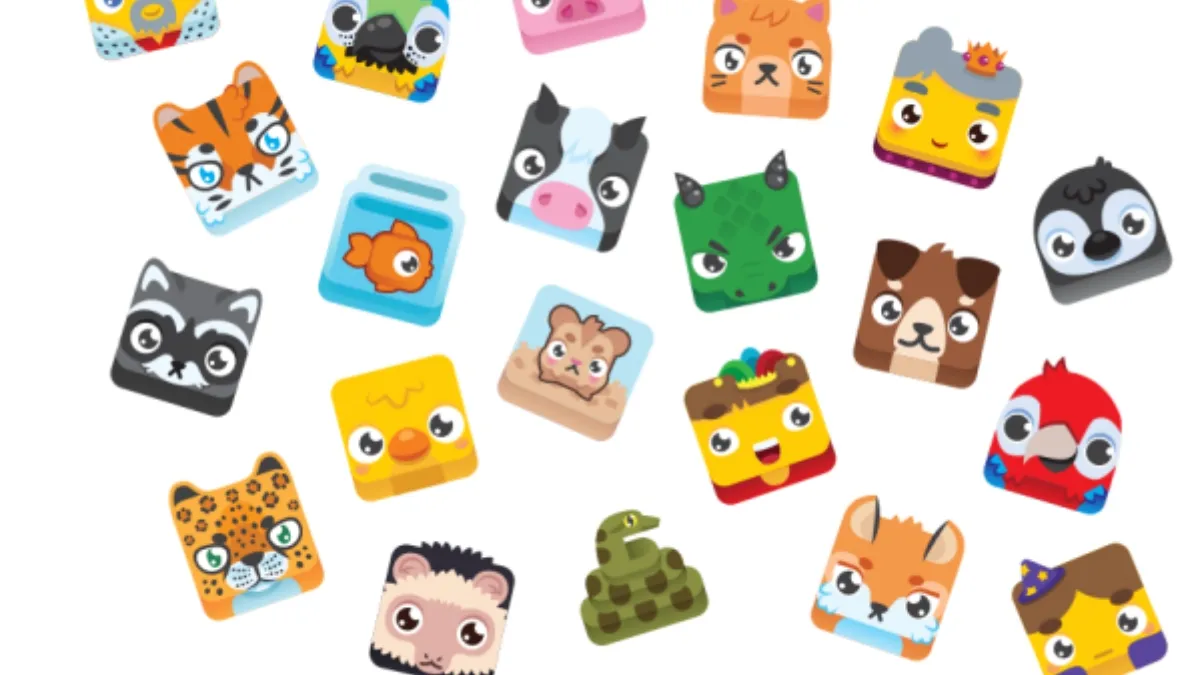

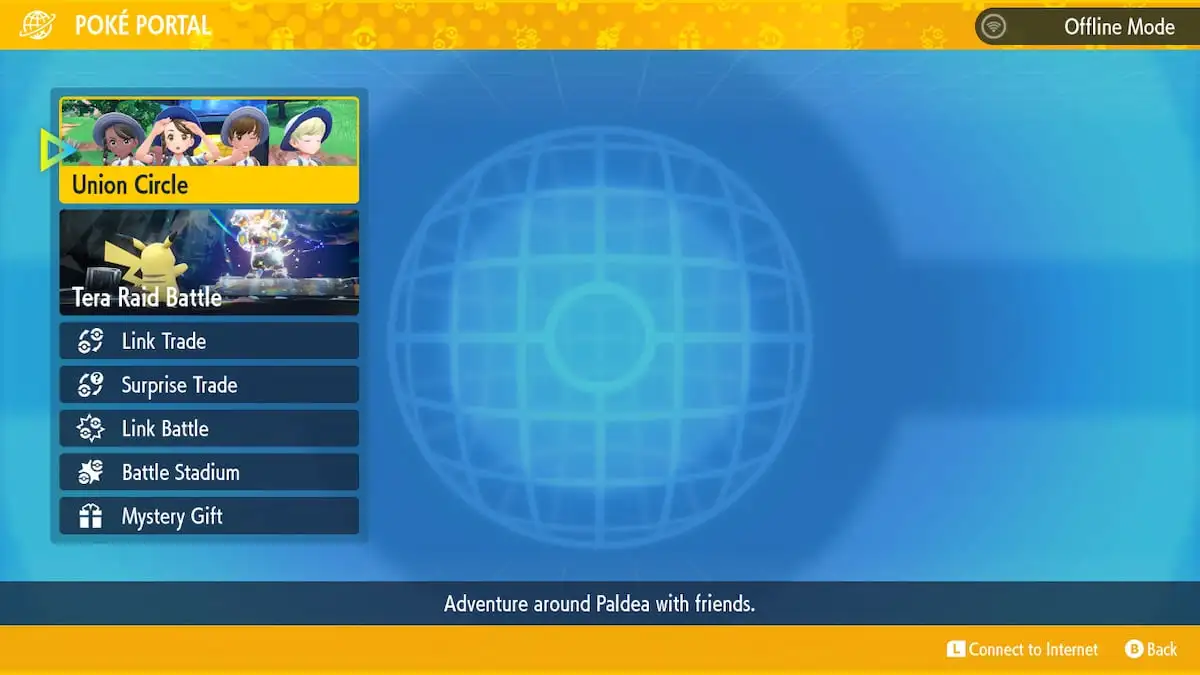
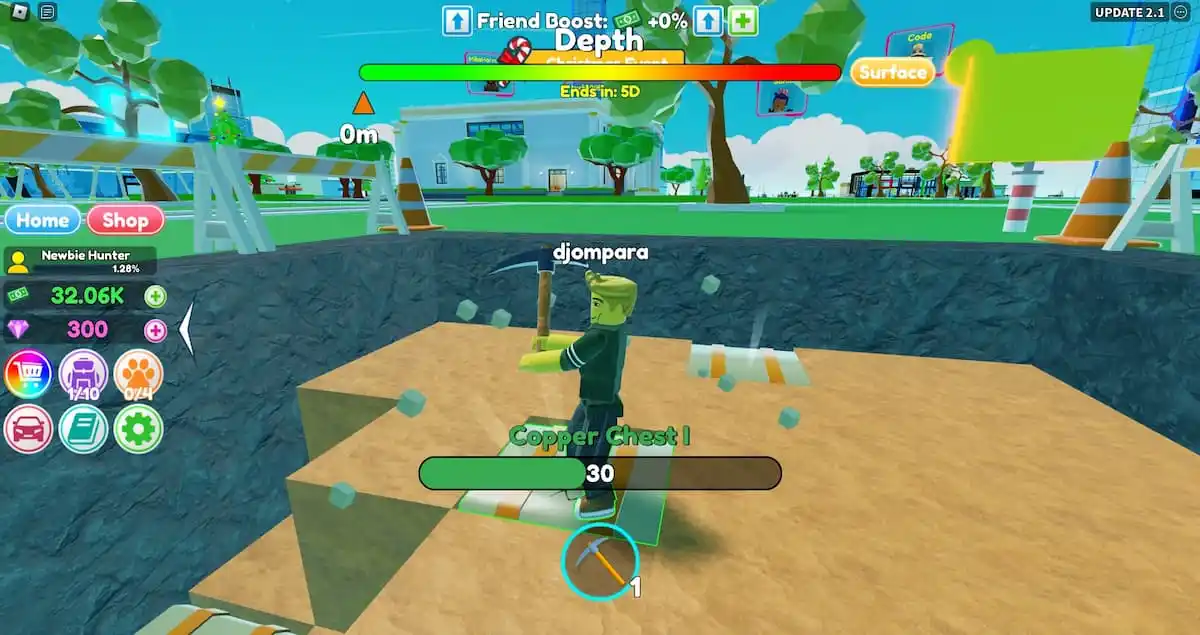
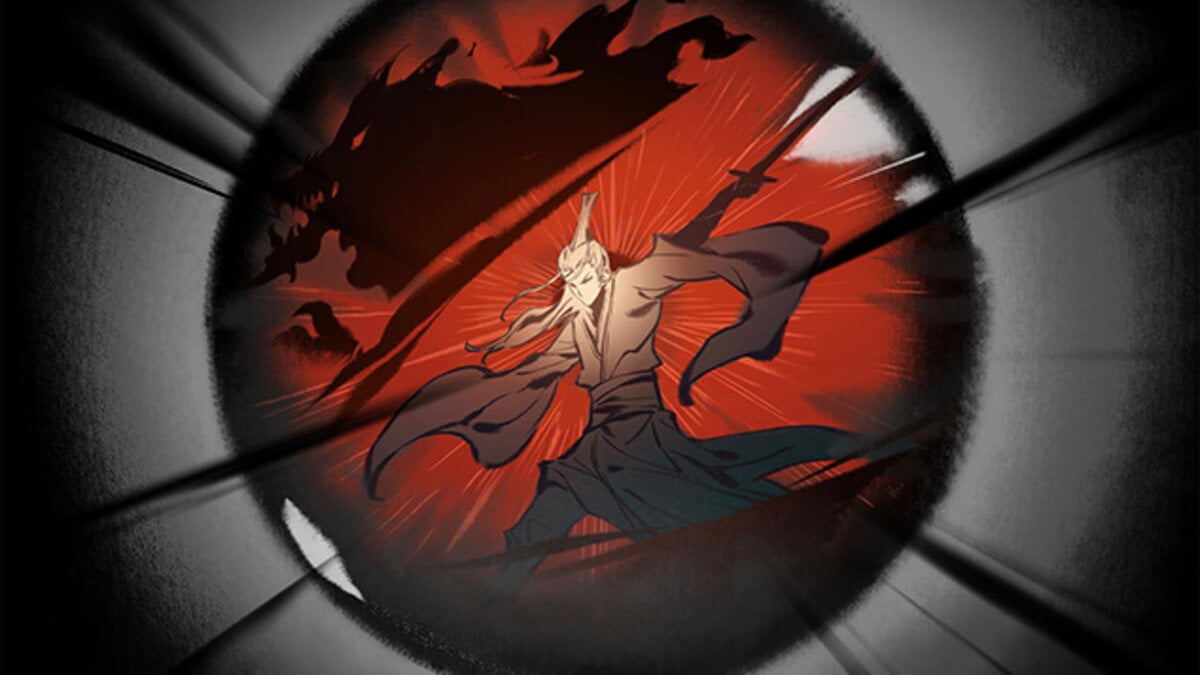
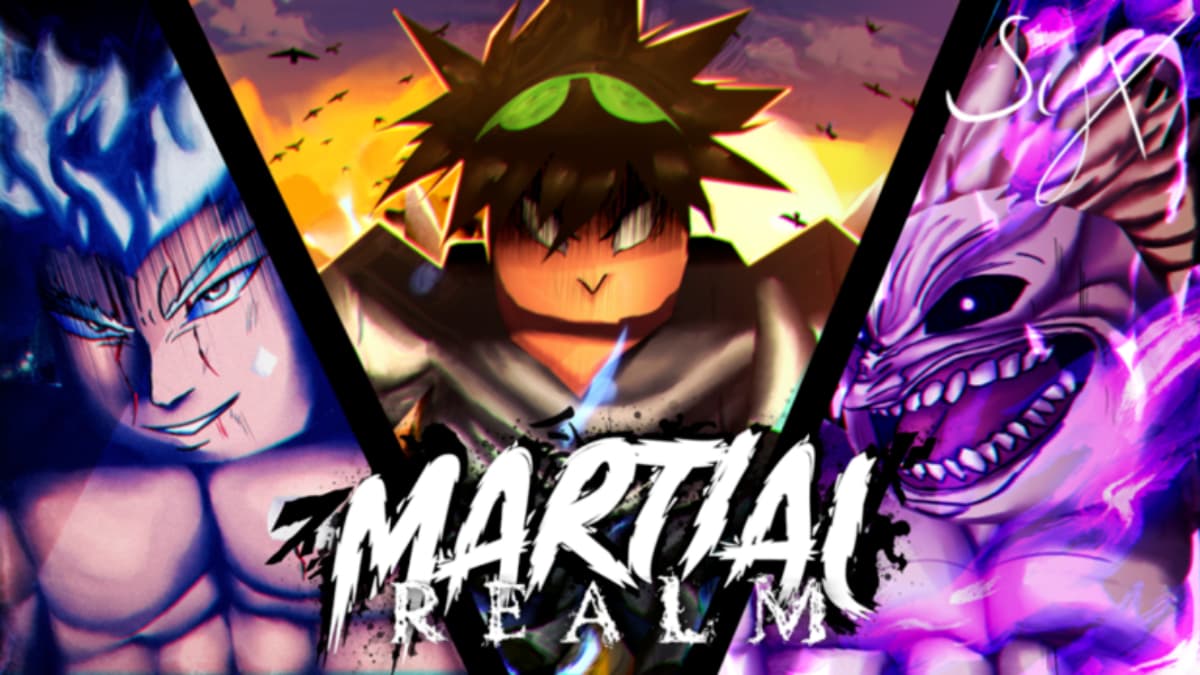


Published: Dec 23, 2022 01:50 pm